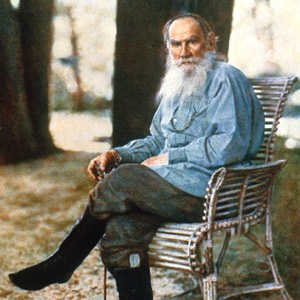Remember Augustine’s dictum, “Amor meus, pondus meum.” “My love is a weight, a gravitational force.” As one loves temporal things, one gains an illusory substantiality and a selfhood which gravitates “downward,” that is to say acquires a need for things lower in the scale of being than itself. It depends on these things for its own self-affirmation. In the end this gravitational pull becomes an enslavement to material and temporal cares, and finally to sin. Yet this weight itself is an illusion, a result of the “puffing up” of pride, a “swelling” without reality. The self that appears to be weighed down by its love and carried away to material things is, in fact, an unreal thing. Yet it retains an empirical existence of its own: it is what we think of as ourselves.



